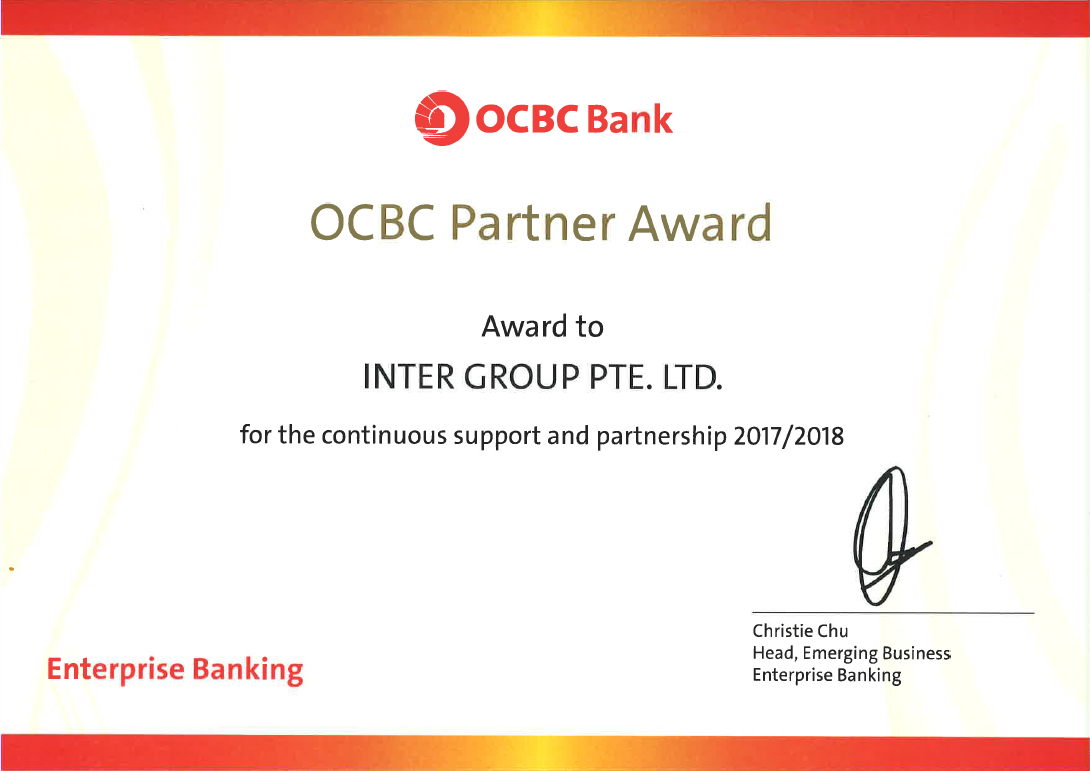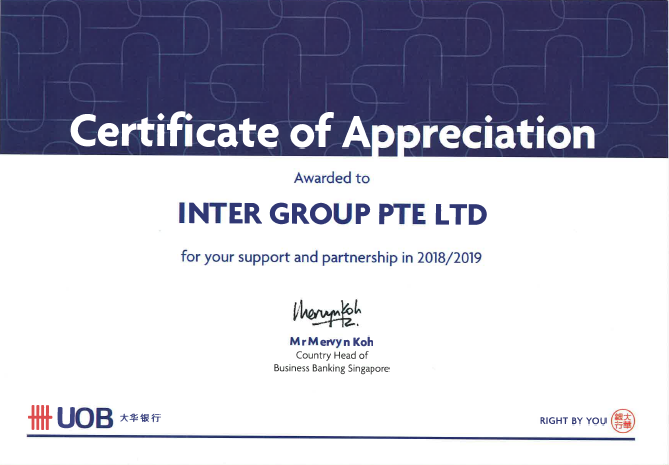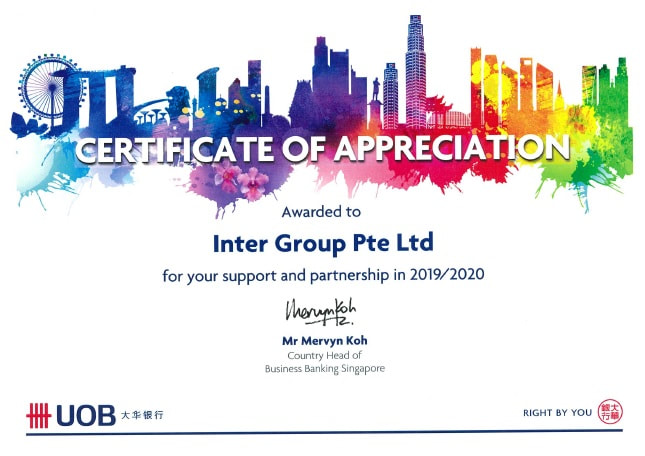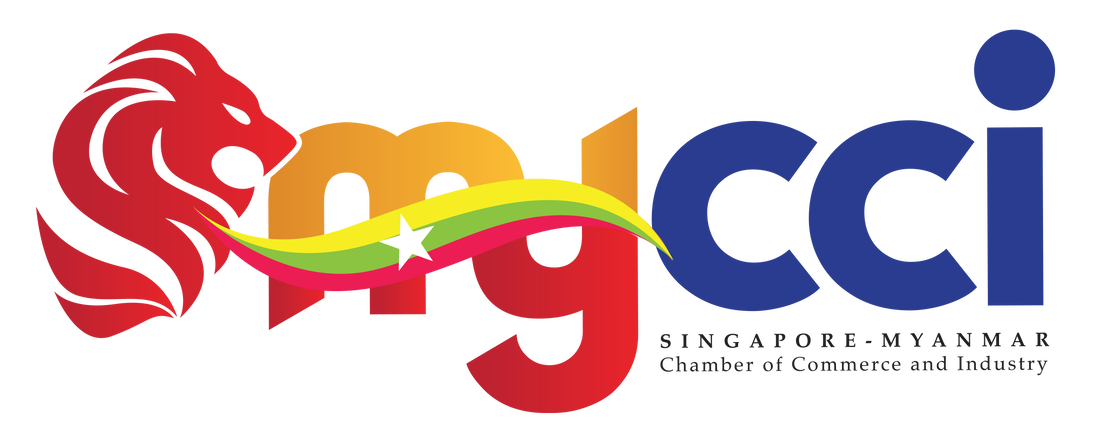If you have an existing business, it is important for you to prevent and mitigate any harm linked to your business activity. Sanctions have been imposed and as some of these control specific supply chains which may impact your business, here are some options you can consider.
|
Myanmar’s volatile political and economic environment have left many foreign businesses looking to enter the market to put their plans on hold, while those already operating in the country wondering what to do. Nevertheless, Myanmar is still an attractive country for foreign investments for a variety of reasons, including an economy that still holds untapped potential in various sectors.
If you have an existing business, it is important for you to prevent and mitigate any harm linked to your business activity. Sanctions have been imposed and as some of these control specific supply chains which may impact your business, here are some options you can consider.
3 Comments
The Myanmar government has issued the 2020 Union Tax Law (“2020 UTL”) on 2 September 2020, which provides the latest tax rates for income tax, commercial tax, specific goods tax and gem stone tax. The 2020 UTL will be effective on 1 October 2020, at the start of the new financial year (1 October 2020 to 30 September 2021).
Myanmar’s economy and businesses, like many around the world have been impacted by the COVID-19 pandemic. In view of the impacts, the Myanmar government has introduced various measures intended to provide relief to the affected businesses. Businesses in Myanmar should consider the various financing options and tax reliefs that may be applicable to them, while at the same time to consider the accompanying conditions attached to these respective measures.
This blog post will highlight the measures introduced by the Myanmar government. This information is accurate as of 16 Jun 2020. However, because of the evolving pandemic situation, this information may not reflect the most updated developments. We encourage you to contact the relevant authorities from time to time for the latest updates. Tax administration is an important part of every country’s tax reform system. The recent reforms of the Internal Revenue Department (IRD) in Myanmar and the enactment of the Tax Administration Law (TAL) are major steps towards modernizing the tax system in the country. The Pyidaungsu Hluttaw enacted TAL on 7 June 2019 and has already been effective since 1 October 2019. TAL aims to provide guidance and simplification of the administrative procedures in relation to the following taxes for all tax payers in Myanmar:
(I) Income Tax; (II) Commercial Tax; (III) Specific Goods Tax; (IV) Other tax law that is assigned to the Director-General (DG) of the IRD The Myanmar Internal Revenue Department (IRD) has confirmed that all tax payers including state-owned enterprises, co-operatives and private enterprises shall adopt the financial year 1 October – 30 September effective from 1 October 2019. This confirmation is in line with the provisions as set in the Union Taxation Law (UTL) 2018 and UTL 2018/2019. Previously the change of financial year only applied to state-owned enterprises and financial institutions governed by the Central Bank of Myanmar (CBM).
As Myanmar is expected to experience rapid growth, the country’s overall infrastructure will need to be upgraded to cater to the growing needs of its urban population. This is where numerous foreign investments come in to develop and improve the country’s infrastructure. As a result, a larger middle class will also emerge as these investments usually lead to increasing jobs and incomes. Over time, these middle class citizens with increased income will demand more sophisticated products and services.
As Myanmar’s economy continues to grow, foreign investors will always have ample opportunity to establish their business presence. In this blog series, we look into Myanmar’s individual services sector, highlighting their specific challenges, opportunities and its general outlook in the long term.
Sectors we have covered: Hotel and Tourism Part I – Tourism: an Economic Generator & Infrastructure Constraints Hotel and Tourism Part II – Challenges, Government Support & Outlook Banking & Finance – The Economic Driver, Challenges, Opportunities & Forecast Telecommunications – More than Just Talk-time, Challenges, Opportunities & Outlook Transportation – Better Transport to Boost Economic Growth, Challenges, Opportunities & Outlook Retail – Myanmar’s Economy Fueling the Retail Boom, Challenges, Opportunities & Outlook Education – Educating Myanmar’s Future, Challenges, Opportunities & Outlook A Look into Myanmar’s Services Sector: Oil & Gas Myanmar is one of the world’s oldest oil producers. The country exported its first barrel of crude in 1854. Despite this, its upstream sector is still not mature. This is due to a number of factors; sanctions, government policy and insufficient investments have all hindered Myanmar’s efforts to realize its Oil & Gas (O&G) potential. NEW Myanmar Companies Law will be effective from 1st August 2018. What are some of the changes?8/6/2018 Myanmar's Directorate of Investment and Company Administration (DICA) announced late last year that it will be replacing the colonial-era Myanmar Companies Act of 1914. The new law combines the elements of the Myanmar Companies Act of 1914 and the Special Companies Act of 1950, in hopes that the new law will be more attractive to foreign investments.
In this blog post, we will outline some key developments in this new law. As Myanmar’s economy continues to grow, foreign investors will always have ample opportunity to establish their business presence. In the next few months, follow us as we look into Myanmar’s individual services sector, highlighting their specific challenges, opportunities and its general outlook in the long term.
Sectors we have covered: Hotels and Tourism Part I – Tourism: an Economic Generator & Infrastructure Constraints Hotels and Tourism Part II – Opportunities, Government Support & Outlook Banking and Finance – The Economic Driver, Challenges, Opportunities and Forecast Telecommunications - More than Just Talk-time, Challenges, Opportunities & Outlook Transportation - Better Transport to Boost Economic Growth, Challenges, Opportunities and Outlook Retail - Myanmar’s Economy Fueling the Retail Boom A Look into Myanmar's Services Sector: Education Myanmar’s education system was once the best in the region, with its Rangoon University being the most prestigious university in Southeast Asia. But due to its previous military regime, the quality of education declined significantly and the country is now far behind regional norms. While the country looks to resolve its unpleasant domestic situation which have attracted global attention, there are still many more systemic fixes which are key to Myanmar’s long-term stability, and reforms in education is one of the most important. Sustaining Myanmar’s political transition depends on improving its education sector. As Myanmar’s economy continues to grow, foreign investors will always have ample opportunity to establish their business presence. In the next few months, follow us as we look into Myanmar’s individual services sector, highlighting their specific challenges, opportunities and its general outlook in the long term.
Sectors we have covered: Hotels and Tourism Part I – Tourism: an Economic Generator & Infrastructure Constraints Hotels and Tourism Part II – Opportunities, Government Support & Outlook Banking and Finance – The Economic Driver, Challenges, Opportunities and Forecast Telecommunications - More than Just Talk-time, Challenges, Opportunities & Outlook Transportation - Better Transport to Boost Economic Growth, Challenges, Opportunities and Outlook A Look into Myanmar's Services Sector: Retail Myanmar’s retail sector promises a significant potential. Having recently opened up its economy and with consumers anticipating major changes and new opportunities, this is a country with enormous market potential. City Mart; one of the country’s largest retailers have announced expansion plans which include doubling the number of its supermarkets, tripling the number of its convenience stores and embarking on eCommerce with a click-and-collect service. |
MYANMAR BUSINESS SERVICES SINGAPORE BUSINESS SERVICES QUICK ENQUIRY SUBSCRIBE CONNECT WITH US BLOG ARCHIVES
November 2023
BLOG CATEGORIES |











